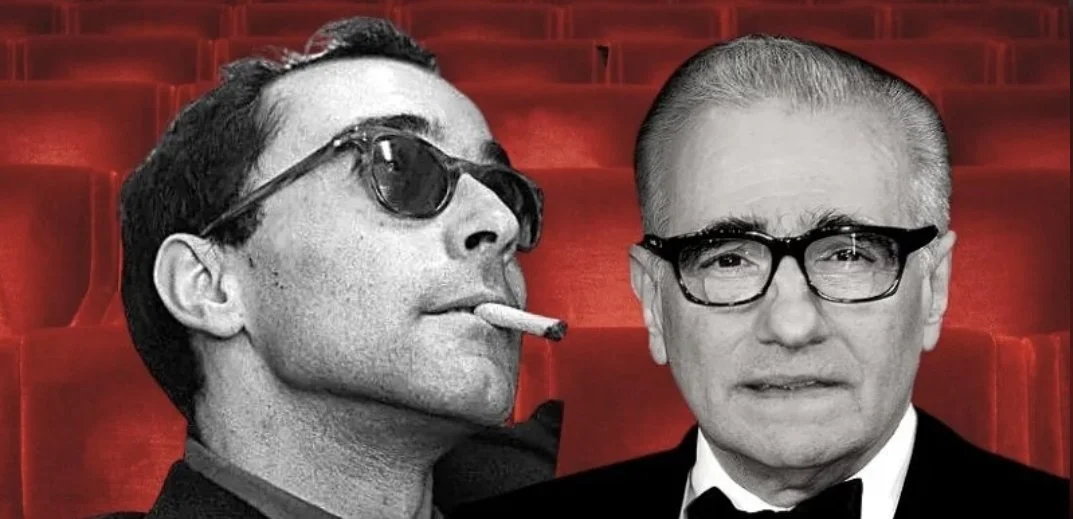There’s cinema before Godard and then there’s cinema after Godard. That’s the best way one could explain the impact of JLG, who died earlier this week in Switzerland.
Not many filmmakers can lay the claim of changing the medium, he was one of the few exceptions. A film like “Breathless” changed the way stories could be told, expanding narratives and influencing many generations to come.
The Guardian has a lovely piece today where they interview directors on what Jean-Luc Godard meant to them. Here’s an excerpt from Martin Scorsese’s eloquent thoughts:
From Breathless on, Godard redefined the very idea of what a movie was and where it could go. No one was as daring as Godard. You’d watch Vivre Sa Vie or Contempt or Made in USA and you had the impression that he was actually taking apart his own movie and rebuilding it before your eyes. You never knew what to expect from moment to moment, even from frame to frame – that’s how deep his engagement with cinema went.
He never made a picture that settled into any one rhythm or mood or point of view, and his films never lulled you into a dream state. They woke you up. They still do – and they always will. It’s difficult to think that he’s gone. But if any artist can be said to have left traces of his own presence in his art, it’s Godard. And I must say right now, when so many people have gotten used to seeing themselves defined as passive consumers, his movies feel more necessary and alive than ever.
Yes, Scorsese loved Godard’s films, but did Godard love Scorsese’s films? It’s a bit of a complicated question as Godard was known to not really have any kind words for his contemporaries. However, I dug up the few times Godard actually mentioned something about Scorsese:
In a 1988 Cahiers du Cinema interview, Godard said cinema had "done Scorsese a lot of good: he's a pretty middling filmmaker who passes for a great mind; good for him." ...
During the Dick Cavett show in 1980, when talking about B&W movie, Godard thought Scorsese’s “Raging Bull” was “very beautiful.”
Oddly enough, the one Scorsese that Godard seemed to really love was “New York, New York,” considered by many as Scorsese’s biggest clunker.






